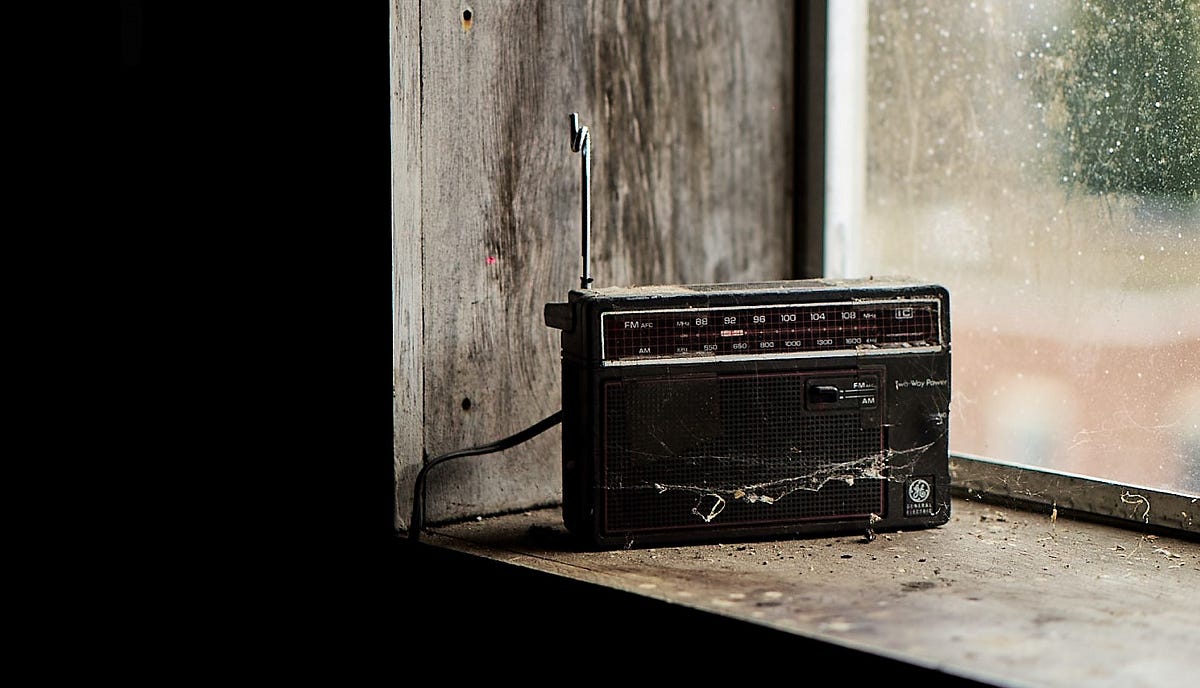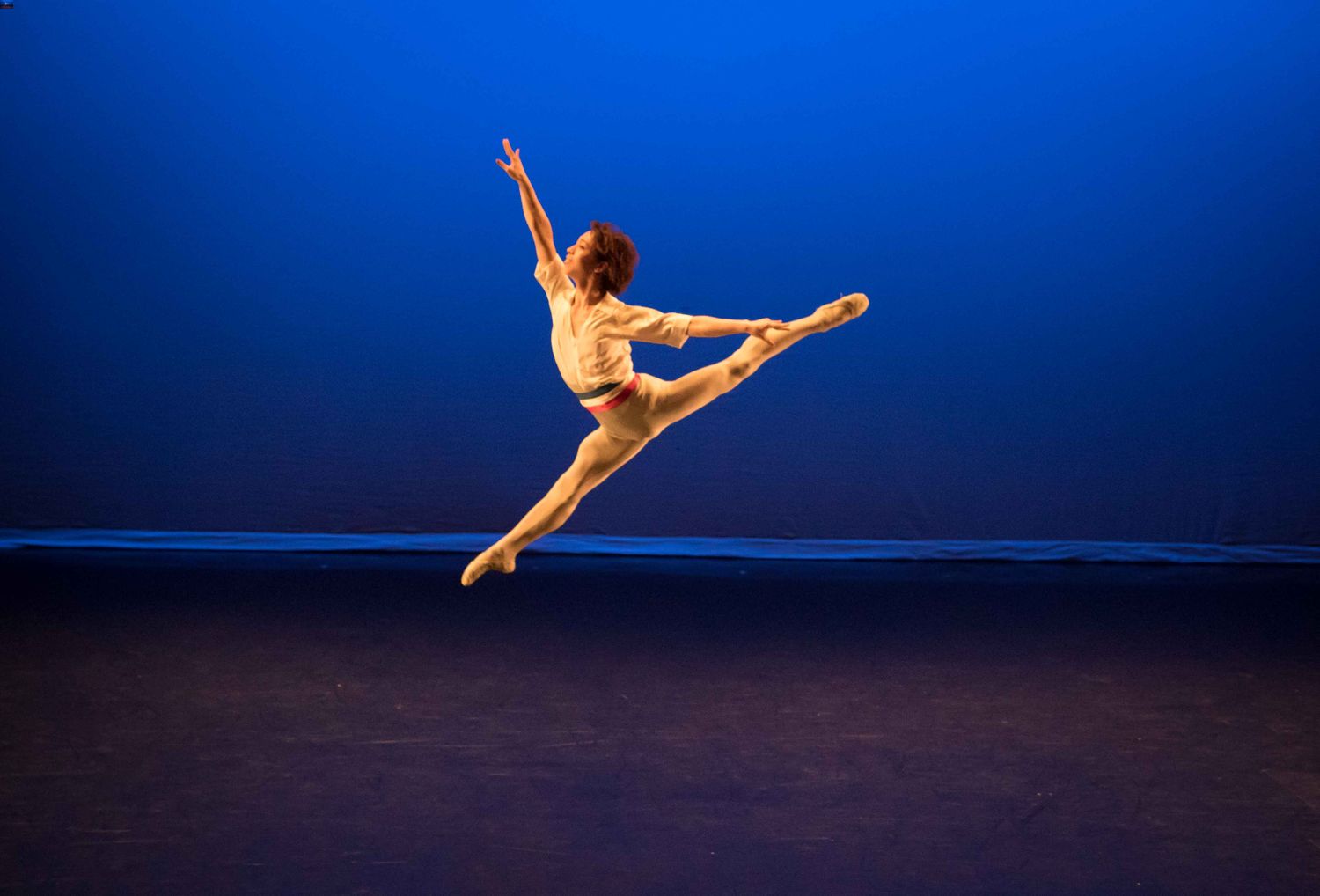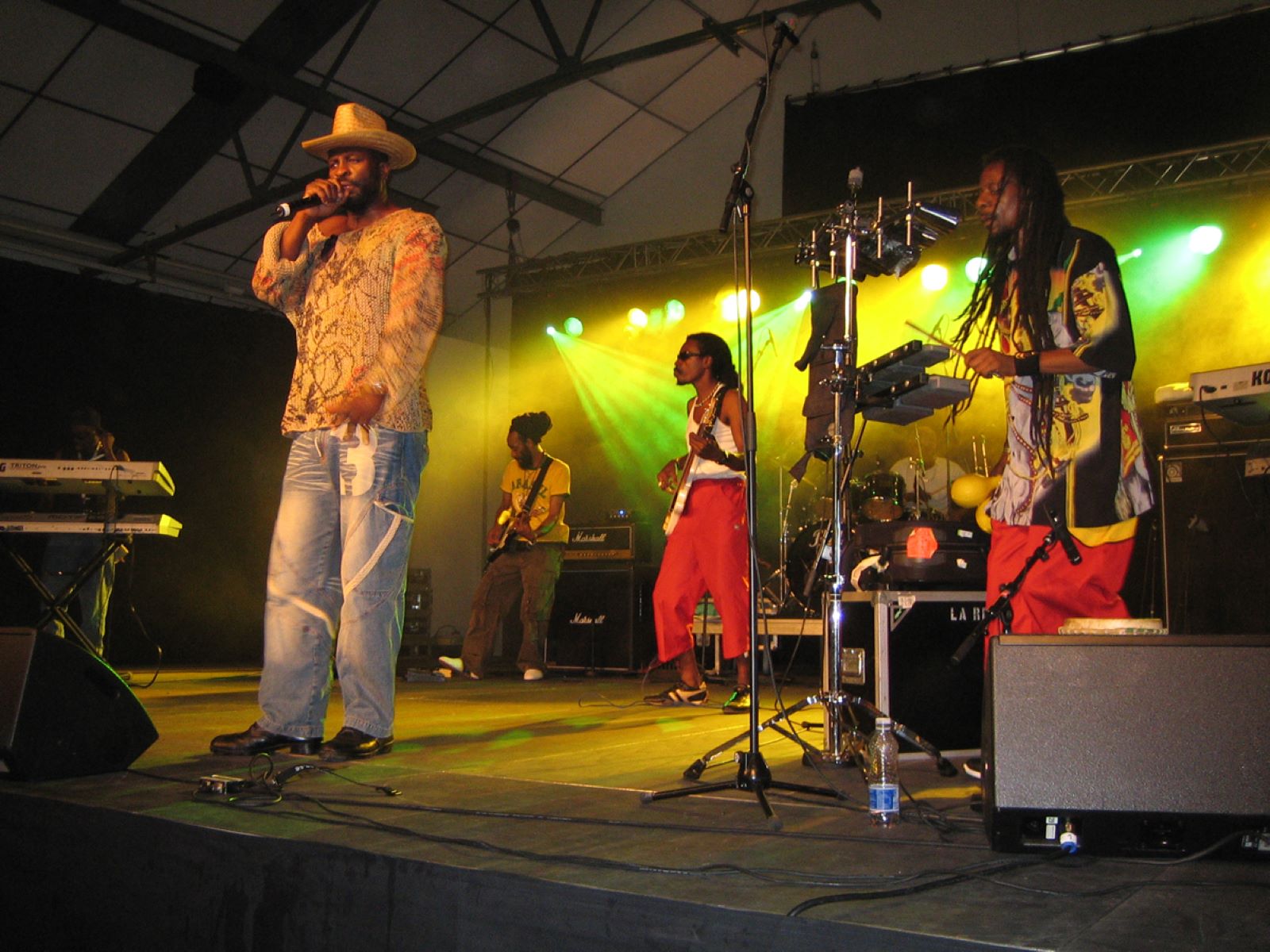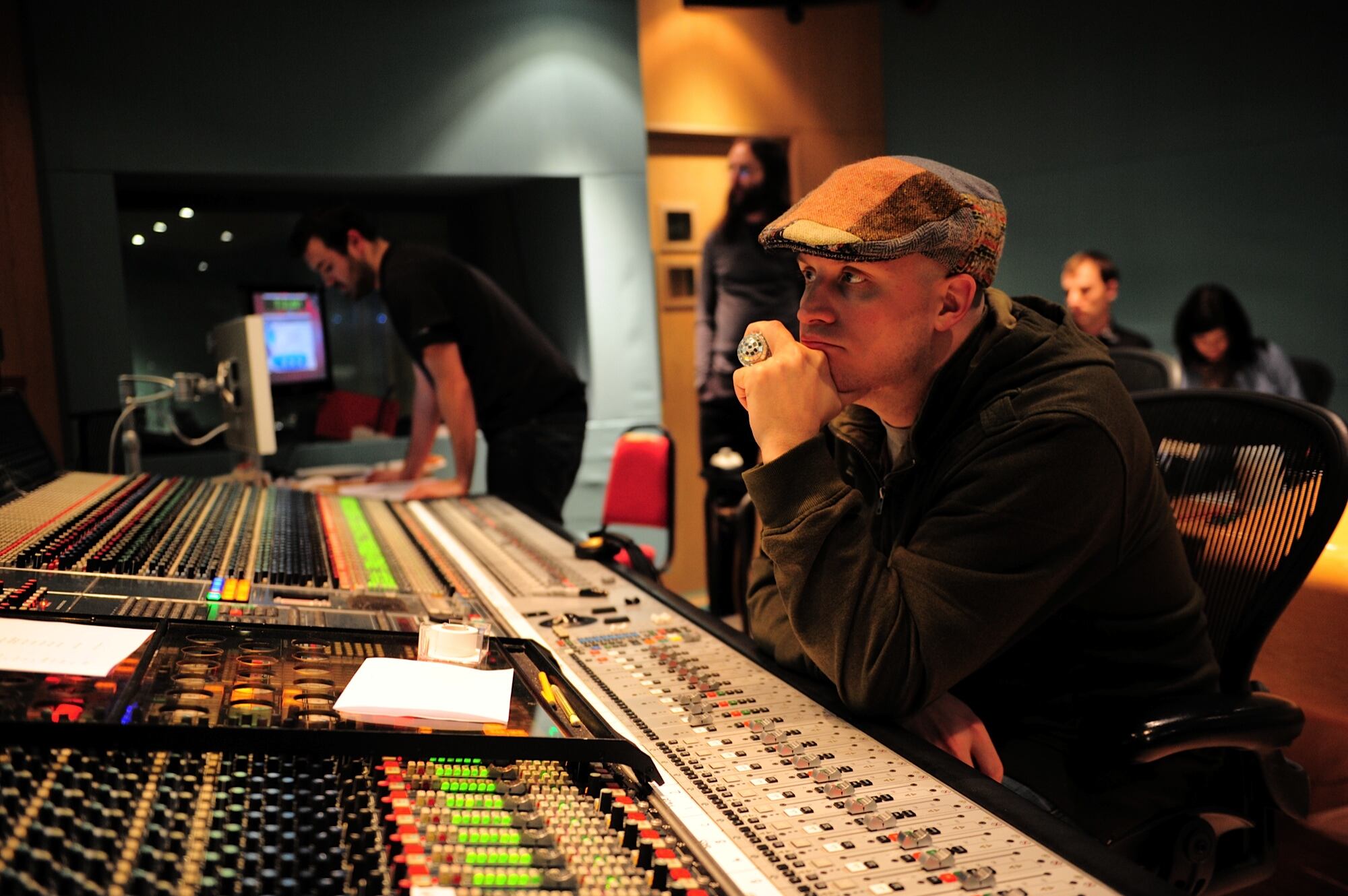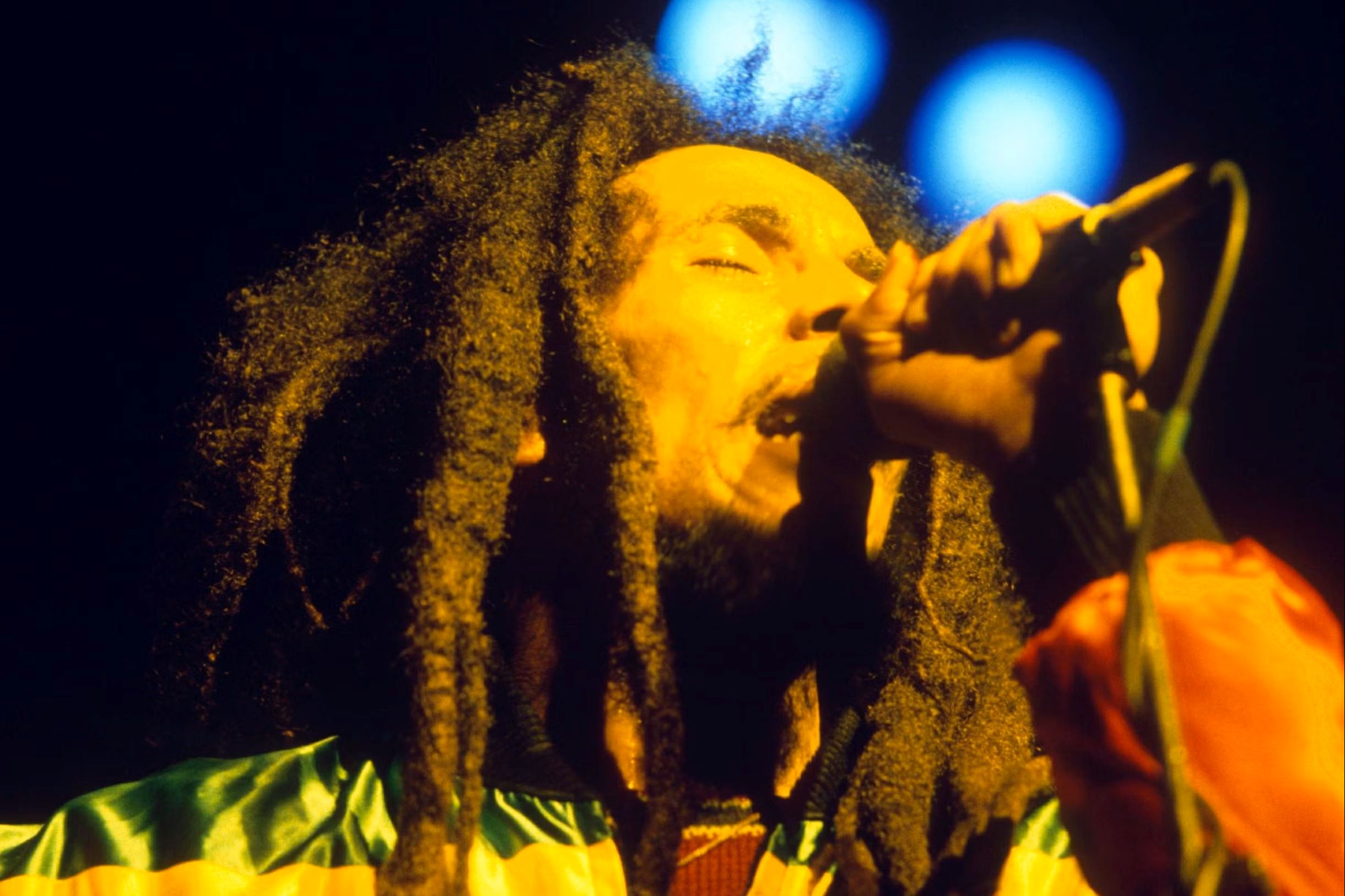

Reggae
What Does Reggae Mean
Modified: February 15, 2024
Discover the meaning of Reggae and its cultural significance. Learn about the origins, characteristics, and influential artists of this popular music genre.
(Many of the links in this article redirect to a specific reviewed product. Your purchase of these products through affiliate links helps to generate commission for AudioLover.com, at no extra cost. Learn more)
Table of Contents
Introduction
Welcome to the world of reggae, a vibrant and soulful genre of music that has captivated audiences around the globe for decades. With its infectious rhythms, powerful lyrics, and laid-back vibes, reggae has become a timeless and iconic sound that represents the spirit and culture of Jamaica. From its humble beginnings in the 1960s to its worldwide influence today, reggae has a rich history and a unique blend of melodies that sets it apart from any other musical genre.
Reggae emerged as a musical expression of the struggles and triumphs of the Jamaican people. It was born out of the fusion of different genres like ska, rocksteady, and mento, but it was with Bob Marley and The Wailers that reggae truly gained international recognition. Their songs, such as “One Love” and “No Woman, No Cry,” became anthems of peace, love, and social justice, resonating with people all over the world.
What sets reggae apart is its distinct rhythm, known as the “one-drop” beat. This rhythm emphasizes the offbeat and gives reggae music its signature groove and infectious feel. The steady bassline, skanking guitar strums, and rhythmic piano and organ accompaniment create a distinctive sound that instantly transports listeners to the sunny shores of Jamaica.
Reggae is not just music; it is a state of mind. It embraces a laid-back lifestyle, promoting peace, love, and unity among people of all backgrounds. It has a way of soothing the soul and bringing people together, transcending cultural and geographical boundaries. Whether you’re lounging on the beach, dancing at a concert, or chilling with friends, reggae music has the power to transport you to a place of tranquility.
So, join us on this journey as we delve into the origins, characteristics, and impact of reggae music. From the roots of its creation to the artists who have shaped its evolution, we will explore the vast landscape of reggae and uncover the message and themes that make it a beloved genre of music.
Origins and History of Reggae
The story of reggae begins in Jamaica in the late 1960s, influenced by various genres including ska and rocksteady. Ska emerged in the late 1950s, blending elements of American jazz and R&B with traditional Jamaican mento music. It featured upbeat rhythms, prominent brass sections, and catchy melodies. Rocksteady followed in the mid-1960s, slowing down the tempo and focusing on intricate harmonies.
Reggae emerged as the next evolution of Jamaican music, influenced by these earlier genres and infused with the socio-political and cultural atmosphere of the time. It is widely believed that the term “reggae” originated from the Jamaican slang word “rege-rege,” which means ragged or rough. This term was used to describe the style and sound of the music.
The seminal figure in the development of reggae was none other than Bob Marley. Alongside his band, The Wailers, Marley introduced reggae to a global audience and became its most iconic ambassador. His powerful voice, catchy melodies, and meaningful lyrics made him the face of reggae music. Songs like “Get Up, Stand Up,” “Stir It Up,” and “Redemption Song” became anthems of resistance and hope.
Reggae also gained significant recognition through the emergence of record labels like Studio One and Trojan Records, which played a crucial role in promoting and popularizing the genre. These labels showcased a multitude of talented artists, including Toots and the Maytals, Peter Tosh, Bunny Wailer, and Burning Spear, all of whom contributed to the growth and diversification of reggae.
Another important factor in the rise of reggae was the creation of the sound system culture. Sound systems were massive, customized speakers and turntable setups that would organize street parties and play Jamaica’s latest music. Sound system operators, such as Clement “Coxsone” Dodd and Duke Reid, became influential figures in the reggae scene, as they provided a platform for local artists to showcase their talent.
Reggae not only defined a new musical genre but also became a vehicle for social commentary and cultural expression. It reflected the experiences, struggles, and aspirations of the Jamaican people, addressing themes of poverty, inequality, spirituality, and freedom. The music served as a voice for the marginalized and gave hope to those in search of a better future.
As reggae continued to evolve, it began to incorporate elements from other genres, such as funk, soul, and disco. This fusion led to the development of subgenres like dub, dancehall, and reggae fusion, expanding the horizons of reggae and bringing it to new audiences around the world.
Today, reggae remains a powerful force in the music industry, with its influence seen and heard in various contemporary genres. Its roots may lie in Jamaica, but its impact is global, as artists continue to draw inspiration from its infectious rhythms and powerful messages.
Characteristics of Reggae Music
Reggae music is characterized by a unique blend of elements that contribute to its distinct sound and feel. From its rhythmic patterns to its instrumentation and vocal styles, these characteristics set reggae apart from other genres and give it its undeniable appeal.
One of the defining features of reggae is its rhythmic pattern, commonly known as the “one-drop” beat. This beat emphasizes the offbeat, with the snare drum hitting on the third beat of each measure instead of the second beat. This creates a relaxed and laid-back groove that is instantly identifiable as reggae.
The instrumentation used in reggae is also key to its distinct sound. The bass guitar plays a prominent role, providing a steady and melodic foundation for the music. The guitar often plays “skanking” rhythms, which involve short, staccato chord stabs on the offbeat. This gives reggae its characteristic syncopation and adds to the rhythmic complexity of the genre. Other instruments commonly found in reggae include keyboards, drums, horns, and percussion.
Vocally, reggae is known for its soulful and heartfelt singing style. Artists often use rich and emotive vocal techniques, with an emphasis on powerful and soul-stirring performances. Many reggae songs showcase intricate harmonies, adding depth and texture to the overall sound.
Lyrically, reggae music addresses a wide range of social, political, and spiritual themes. It serves as a platform for artists to share their perspectives on issues such as poverty, inequality, racism, and spirituality. Reggae lyrics often carry messages of peace, love, unity, and social justice, with the aim of inspiring change and promoting a better world.
Reggae is also characterized by its use of repetition and chanting. Many reggae songs feature choruses and refrains that are catchy and easy to sing along to. These repetitive elements create a sense of unity and encourage audience participation, making reggae music a communal experience.
The laid-back and relaxed vibe of reggae music is often reflected in its tempo. While there can be variations, reggae typically has a moderate to slow tempo, allowing listeners to sway and groove to the music. This tempo contributes to the calming and soothing effect that reggae has on its audience.
Overall, the characteristics of reggae music come together to create a sound that is instantly recognizable and universally appealing. From its infectious rhythms to its socially conscious lyrics, reggae has established itself as a genre that not only entertains but also enlightens and uplifts the spirit.
Influences on Reggae
Reggae music, like any other genre, has been shaped and influenced by a variety of musical styles and cultural influences. These diverse influences have contributed to the development and evolution of reggae, enriching its sound and broadening its appeal. Here are some of the key influences on reggae:
1. African rhythms: The roots of reggae can be traced back to the African rhythms brought to Jamaica during the transatlantic slave trade. Jamaican music, including reggae, incorporates elements of African drumming and percussion, giving it a deep and primal energy that resonates with listeners.
2. Ska and rocksteady: Reggae was heavily influenced by its predecessors, ska and rocksteady. Ska, with its upbeat tempo and prominent horn sections, laid the foundation for the rhythmic patterns found in reggae. Rocksteady, with its slower tempo and emphasis on harmonies, influenced the vocal style and melodic aspects of reggae music.
3. Rastafarianism: Reggae has strong ties to the Rastafari movement, a spiritual and cultural movement that emerged in Jamaica in the 1930s. Rastafarianism influenced the lyrics, themes, and imagery in reggae music, promoting messages of black liberation, social justice, and spiritual upliftment.
4. American R&B and soul: Jamaican musicians in the 1960s were heavily influenced by American R&B and soul music. Artists like James Brown, Sam Cooke, and Otis Redding left a lasting impact on reggae, shaping its vocal styles, harmonies, and emotional delivery.
5. Jazz and blues: The improvisational nature of jazz and the emotive qualities of blues have also left their mark on reggae. These genres influenced the use of instruments like the saxophone and created space for intricate solos and improvisation within reggae music.
6. Gospel music: The power and fervor of gospel music have had a significant influence on reggae. Many reggae artists started their musical careers in churches and incorporated gospel influences into their songs, adding a spiritual depth and intensity to their music.
7. Latin rhythms: The rhythmic complexity and percussive elements of Latin music, such as salsa and reggaeton, have had an impact on reggae. These influences can be heard in the syncopated rhythms and polyrhythmic patterns found in some reggae songs.
8. Dub music: Dub is a subgenre of reggae that emerged in the 1970s. It involved remixing reggae tracks, emphasizing instrumental and dub effects, and experimenting with studio techniques. Dub music pushed the boundaries of reggae, laying the foundation for electronic music genres like dubstep and drum and bass.
The influences on reggae are diverse and reflect the rich cultural tapestry of Jamaica and the African diaspora. These influences continue to shape reggae, ensuring its relevance and growth as a musical genre that resonates with people from all walks of life.
Message and Themes in Reggae Lyrics
Reggae music is renowned for its powerful lyrics that address a wide range of social, political, and spiritual issues. From songs of protest and resistance to messages of love, unity, and spiritual enlightenment, reggae lyrics carry deep meaning and serve as a voice for the marginalized and oppressed. Here are some of the recurring themes and messages found in reggae lyrics:
1. Social justice and equality: Many reggae songs highlight the struggles faced by marginalized communities and advocate for social justice and equality. Lyrics often address issues such as poverty, discrimination, and oppression, shedding light on systemic injustice and calling for change.
2. Rastafarianism and spirituality: Reggae music is strongly influenced by Rastafarianism, a spiritual and cultural movement that originated in Jamaica. Rasta themes of spirituality, self-awareness, and the divine nature of humanity are often found in reggae lyrics. Artists like Bob Marley and Burning Spear have brought Rastafarian ideology to the forefront of reggae music, contributing to its spiritual essence.
3. Love and unity: Love and unity are recurring themes in reggae music. Many songs express the importance of love and the need for unity among individuals, communities, and nations. Reggae promotes the idea that through love and unity, we can overcome division and create a more peaceful and harmonious world.
4. Resistance and empowerment: Reggae has a long history of songs that express resistance against oppressive systems. From colonialism to political corruption, reggae lyrics often address the need for empowerment, encouraging people to stand up against injustice and fight for their rights and freedom.
5. Environmental and ecological awareness: Some reggae artists incorporate themes of environmental consciousness and ecological awareness in their lyrics. These songs call for the protection of the earth and highlight the importance of preserving nature for future generations.
6. Self-reflection and personal growth: Reggae lyrics often delve into themes of self-reflection and personal growth. They encourage listeners to look within, examine their actions and beliefs, and strive for personal liberation and transformation. These introspective lyrics aim to inspire individuals to realize their full potential.
7. Cultural pride and identity: Reggae celebrates Jamaican culture and African heritage, promoting a sense of cultural pride and identity. Lyrics often reflect the struggles and achievements of the Jamaican people, while also highlighting the broader struggles of the African diaspora.
8. Peace and positive vibrations: Many reggae songs promote a message of peace and positive vibrations. They encourage listeners to embrace love, reject violence, and radiate positivity. Reggae music acts as a form of escapism and empowers individuals to find inner peace and spread those positive vibrations to others.
Overall, reggae lyrics serve as a powerful medium for expressing social consciousness, promoting positive change, and encouraging listeners to embrace love, unity, and spirituality. The heartfelt messages found in reggae songs have the ability to uplift, inspire, and transform the lives of those who listen.
Spread of Reggae Music
Reggae music has captivated audiences not only in its birthplace of Jamaica but also around the world. From the local jukeboxes of Kingston to global stages, reggae’s infectious rhythms and powerful messages have transcended borders and gained a dedicated following. Here are some key factors that contributed to the spread of reggae music:
1. Bob Marley and The Wailers: Bob Marley’s international success played a significant role in introducing reggae to a global audience. His dynamic performances, meaningful lyrics, and powerful stage presence brought reggae to the mainstream. Marley’s albums, including “Exodus” and “Legend,” became bestsellers worldwide, solidifying reggae’s place in the international music scene.
2. Sound Systems and DJs: Sound systems and DJs played a crucial role in spreading reggae music. Sound system operators, such as Coxsone Dodd and Duke Reid, would set up massive speakers in their neighborhoods and attract crowds with their parties and live performances. Through sound systems, reggae music reached communities far and wide, contributing to its popularity and influence.
3. Live Performances and Tours: Jamaican artists, including Bob Marley, Toots and the Maytals, and Jimmy Cliff, embarked on international tours, exposing audiences worldwide to the infectious sounds of reggae. Their energetic performances and captivating stage presence helped popularize reggae in places like the United States, Europe, and Africa.
4. International Record Labels: Record labels such as Island Records and Trojan Records played a significant role in promoting reggae internationally. These labels not only signed Jamaican artists but also distributed their music globally, ensuring that reggae reached a broader audience and solidifying its presence in the international music market.
5. Reggae Festivals and Events: Reggae festivals, such as Reggae Sunsplash and the Montreux Jazz Festival, showcased the best of reggae music on a global stage. These events attracted music lovers from all over the world and provided a platform for both established and emerging reggae artists to showcase their talent.
6. Diaspora Communities: The migration of Jamaicans and the spread of reggae music through diaspora communities played a significant role in its global dissemination. Jamaican immigrants brought reggae with them to cities like London, New York, Toronto, and Kingston, where it found resonance among Caribbean diaspora communities and eventually reached a wider audience.
7. Collaboration and Fusion: Reggae’s influence on other genres and its willingness to collaborate with artists from different musical backgrounds have helped in its spread. Reggae fusion, a blend of reggae with other genres like hip-hop, pop, and rock, has introduced reggae to new audiences who may not have been exposed to the genre otherwise.
Today, reggae music can be heard in every corner of the world, with artists and fans continuing to embrace its vibrant spirit and positive messages. The global reach of reggae is a testament to its power to unite people, spread love, and inspire social change on a global scale.
Impact and Legacy of Reggae
Reggae music has had a profound impact on both the music industry and society as a whole. Its infectious rhythms, powerful messages, and soulful melodies have left a lasting legacy that continues to resonate with people around the world. Here are some of the key impacts and the lasting legacy of reggae:
1. Cultural Influence: Reggae has become synonymous with Jamaican culture and has helped to put Jamaica on the map as a cultural powerhouse. Through its music, reggae showcases the history, struggles, and triumphs of the Jamaican people, giving a voice to the marginalized and oppressed. The cultural influence of reggae can be seen in fashion, language, and even the Rastafarian movement.
2. Social and Political Activism: Reggae has a long history of being a platform for social and political activism. It has been used as a tool to promote unity, speak out against injustice, and advocate for equality and human rights. Artists like Bob Marley and Peter Tosh used their music as a form of protest and to raise awareness about the struggles faced by marginalized communities.
3. Worldwide Recognition: Reggae has gained worldwide recognition and has become a genre beloved by people from all walks of life. It has successfully crossed cultural and geographical boundaries, inspiring countless artists in various genres. The international success of reggae has helped to elevate the visibility and credibility of Jamaican music on a global scale.
4. Influence on Other Genres: Reggae’s influence extends beyond its own genre. It has paved the way for the development of other genres like ska, dancehall, and reggae fusion. Elements of reggae can also be found in popular music genres such as pop, hip-hop, and R&B. Reggae’s rhythmic patterns, instrumentation, and lyrical themes continue to shape contemporary music.
5. Spirituality and Consciousness: Reggae’s foundation in Rastafarianism and its emphasis on spirituality have had a profound impact on its listeners. The messages of love, unity, and spiritual enlightenment found in reggae music have served as a source of inspiration for individuals seeking inner peace and personal growth.
6. Tourism and Cultural Exchange: Reggae music has played an instrumental role in attracting tourists to Jamaica. The association of reggae with Jamaica’s vibrant culture and relaxed lifestyle has made the island a popular destination for music lovers from around the world. Reggae festivals and events have become major attractions, promoting cultural exchange and fostering a sense of unity among attendees.
7. Healing and Comfort: Reggae’s soothing melodies and uplifting messages have the power to heal and comfort. The music has been embraced as a form of therapy and a source of solace during difficult times. It has provided a voice for the voiceless and offered hope to those facing adversity.
The lasting legacy of reggae lies in its ability to transcend boundaries and unite people through its sounds and messages. Reggae has left an indelible mark on the music world, inspiring generations of artists and listeners alike, while continuing to spread its message of love, peace, and social change.
Conclusion
In conclusion, reggae music has emerged as a powerful force in the music industry, captivating audiences worldwide with its infectious rhythms, meaningful lyrics, and soulful melodies. From its roots in Jamaica to its global impact, reggae has transcended borders and cultural boundaries, leaving an indelible mark on both music and society.
With its origins in the fusion of ska, rocksteady, and mento, reggae has evolved into a genre that represents the struggles, aspirations, and culture of the Jamaican people. Through the influential figures like Bob Marley, reggae gained international recognition and became a symbol of social justice, spirituality, and unity.
Reggae’s distinct characteristics, such as the “one-drop” beat, bass-driven sound, and powerful vocal style, set it apart from other genres, creating a unique and recognizable sound that continues to resonate with listeners of all backgrounds.
Reggae’s impact extends far beyond the realm of music. It has served as a platform for social and political activism, promoting messages of equality, justice, and empowerment. It has fostered cultural pride and identity among the Jamaican people and the broader African diaspora.
The legacy of reggae can be seen in its cultural influence, its ability to inspire change, and its positive and uplifting messages. Reggae has influenced genres across the musical spectrum and continues to be a source of inspiration for artists who incorporate its rhythms and themes into their own work.
Furthermore, reggae’s legacy lies in its ability to touch the hearts and souls of its listeners. It has brought comfort, healing, and a sense of unity to people from all walks of life, reminding us of the power of music to connect and uplift humanity.
As reggae continues to evolve, its impact will only grow stronger. Its timeless sound and universal messages of love, peace, and social consciousness will continue to resonate with future generations, ensuring that reggae remains an enduring and cherished genre of music.

